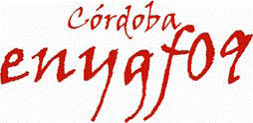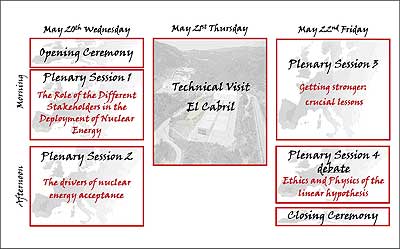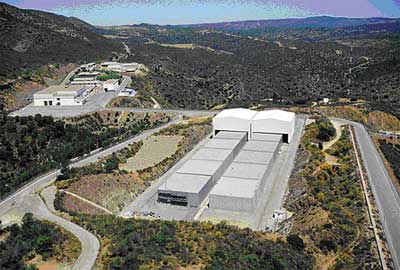
European
Nuclear Society
e-news
Issue 23 Winter 2008
http://www.euronuclear.org/e-news/e-news-23/enygf09.htm

The European Nuclear Young Generation Forum, enygf09, which will take place form 19 - 23 May, will gather together young nuclear science and technology specialists from all over Europe. The Forum will hold discussions on the most topical and relevant issues related to the deployment of nuclear energy in Europe, such as politics, safety, new designs, transparency, public acceptance, waste management, construction, human resources, new applications, new projects, licensing and the economics of nuclear.

The main aims of this Forum are to train and encourage new leaders for the European nuclear sector and to create a platform for career development and networking among the young professionals.
For these reasons, the technical programme of the Forum will feature a great number of different activities including plenary sessions, technical visits, debates and posters from the young members.

The technical programme was reinforced by the establishment a Programme Committee which is chaired by Luis Echávarri, Director-General, OECD’s Nuclear Energy Agency (NEA). It is made up of 40 experts from the European nuclear sector (industry, the European Commission, regulatory bodies, research centers, national societies, etc) who gave their views and opinions in order to strengthen the content of the technical programme.
 |
 |
The technical programme is as follows:
Plenary Session 1: The Role of the different stakeholders in the deployment of nuclear energy in Europe. Key People in the European nuclear sector will give their views on:
• Why nuclear now?
• Who & what for?
• What if not?
• What to do to “go nuclear?”
Plenary Session 2: The drivers of nuclear energy acceptance. Key people in the European nuclear sector and Political and European Institutions will give their views on:
• Nuclear safety and public acceptance
• Radioactive waste and public acceptance
• Nuclear politics and public acceptance
• Transparency and public acceptance
• The role of the young generation in public acceptance
Technical Visit: El Cabril.
We will visit the Spanish Low and Intermediate Level Waste Disposal Facility, at El Cabril. Since 1992, Spain has disposed of low-level radioactive wastes in concrete-lined structures near to the surface. El Cabril is a unique disposal facility that is located in the vicinity of Cordoba.

Plenary Session 3: Getting stronger: Crucial lessons. This will focus on lessons learnt, that have been chosen as the most important for young professionals. Reports will be given by top experts on the following topics:
• Life extension and its economic importance
• New designs and developments
• How to manage a nuclear project
• Economic factors of nuclear energy and its development

Plenary Session 4: Debate: Ethics and physics of the linear hypothesis.
This session will consist of a debate on the diverse consequences of the linear no threshold hypothesis. This hypothesis, which is used as a reference for developing legal standards, presupposes that the probability of stochastic effects caused by ionizing radiation is linear within all the range of low dose levels. Thus this hypothesis asserts that there is no threshold of exposure below which the response ceases to be linear with the dose and stands in contrast to theories that maintain that below a certain level radiation exposure is harmless or even positive.
• Physical foundations
• Social and political consequences
• Regulatory consequences
• Ethics of the linear hypothesis

![]()
© European Nuclear Society, 2009